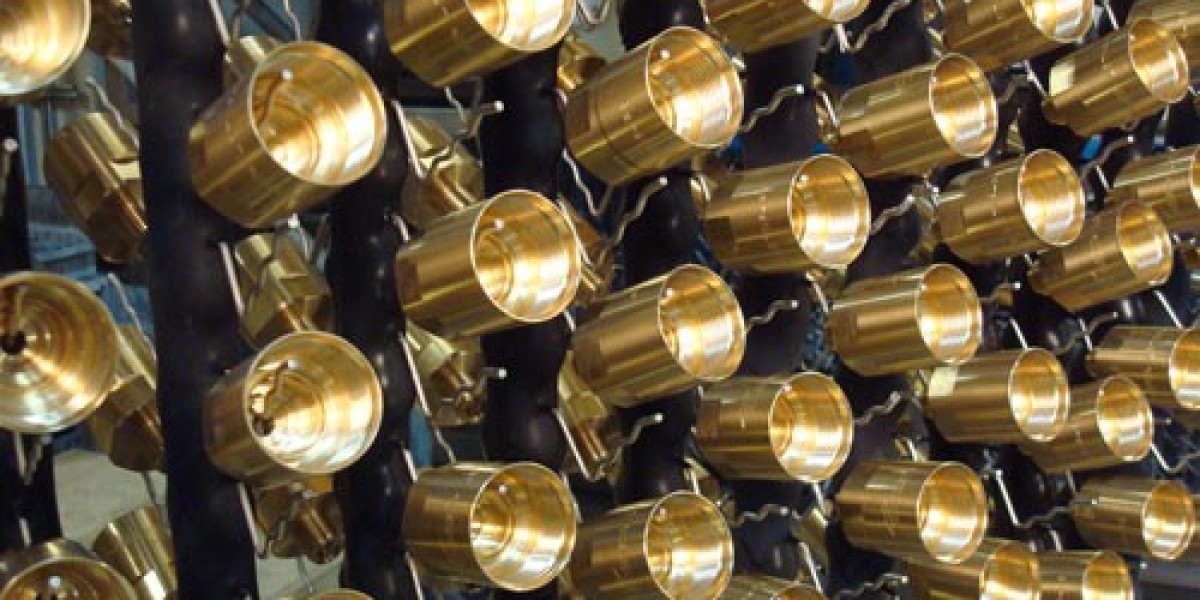Precision is the cornerstone of watchmaking, reflecting both the technical prowess and the meticulous craftsmanship involved in creating high-quality timepieces. In watchmaking, precision ensures that a watch performs its primary function—keeping accurate time—while also embodying the artistry and engineering excellence that define exceptional horology. Here’s a detailed exploration of why precision is so crucial in watchmaking.
1. Accuracy of Timekeeping
- Fundamental Function: The primary purpose of a watch is to keep time accurately. Precision in this context means that the watch maintains a consistent and reliable measure of time, which is essential for its function.
- Consumer Expectations: For consumers, especially those investing in luxury or high-performance watches, accuracy is a key expectation. Precision ensures that the timepiece will not only perform reliably but also uphold its value and reputation over time.
2. Technical Complexity
- Complicated Movements: High-complication watches, which include features such as tourbillons, perpetual calendars, and minute repeaters, demand exceptional precision. The integration of multiple complications requires meticulous engineering to ensure that each function operates harmoniously and accurately.
- Engineering Excellence: Precision in technical design and manufacturing is critical for the proper functioning of these complex movements. Even minor deviations can impact the performance and reliability of the watch.
3. Brand Reputation
- Quality Assurance: Watch brands with a reputation for precision, such as Rolex, Omega, and Patek Philippe, often command higher esteem and demand. Precision reinforces the brand’s commitment to quality and excellence.
- Market Positioning: In the competitive luxury watch market, precision can be a distinguishing factor. Brands that emphasize their precision through certifications like COSC (Contrôle Officiel Suisse des Chronomètres) often gain a competitive edge.
4. Impact on Performance
- Daily Functionality: A watch’s accuracy affects its daily performance, including timekeeping and additional functions such as chronographs or alarms. Precision ensures that these functions are reliable and operate as intended.
- Longevity and Maintenance: Precision in the manufacturing process can contribute to the longevity of the watch. Well-made, precise movements are less likely to require frequent maintenance or repairs.
5. Craftsmanship and Artistry
- Attention to Detail: The pursuit of precision in watchmaking reflects the high level of craftsmanship involved. Every component, from the movement to the case, is designed and assembled with meticulous care to achieve exacting standards.
- Artistic Achievement: Precision also contributes to the aesthetic appeal of a watch. The harmony between functionality and design highlights the artistry of watchmaking and the skill of the watchmaker.
6. Technological Advancements
- Innovations in Precision: Advances in technology, such as computer-aided design (CAD) and high-tech manufacturing processes, have enhanced precision in watchmaking. These innovations enable the creation of increasingly accurate and reliable timepieces.
- Role of Testing: Modern testing methods, including those used by COSC and other certification bodies, ensure that watches meet rigorous standards of accuracy before reaching the market.
7. Functional and Practical Applications
- Professional Use: Precision is particularly important for watch movements that changed the world used in professional fields such as aviation, diving, and sports. In these contexts, accurate timekeeping can be critical for performance and safety.
- Everyday Use: For everyday wearers, precision ensures that the watch remains a practical and reliable tool for managing time, coordinating schedules, and performing daily tasks.
Conclusion
Precision is integral to every aspect of watchmaking, from the fundamental accuracy of timekeeping to the technical complexity of high-complication movements. It influences brand reputation, craftsmanship, and the practical functionality of timepieces. For both watchmakers and consumers, precision represents a commitment to excellence and a hallmark of quality. At ExpertsWatches, we recognize the vital role that precision plays in the art and science of watchmaking, celebrating the dedication and innovation that drive the industry forward.








